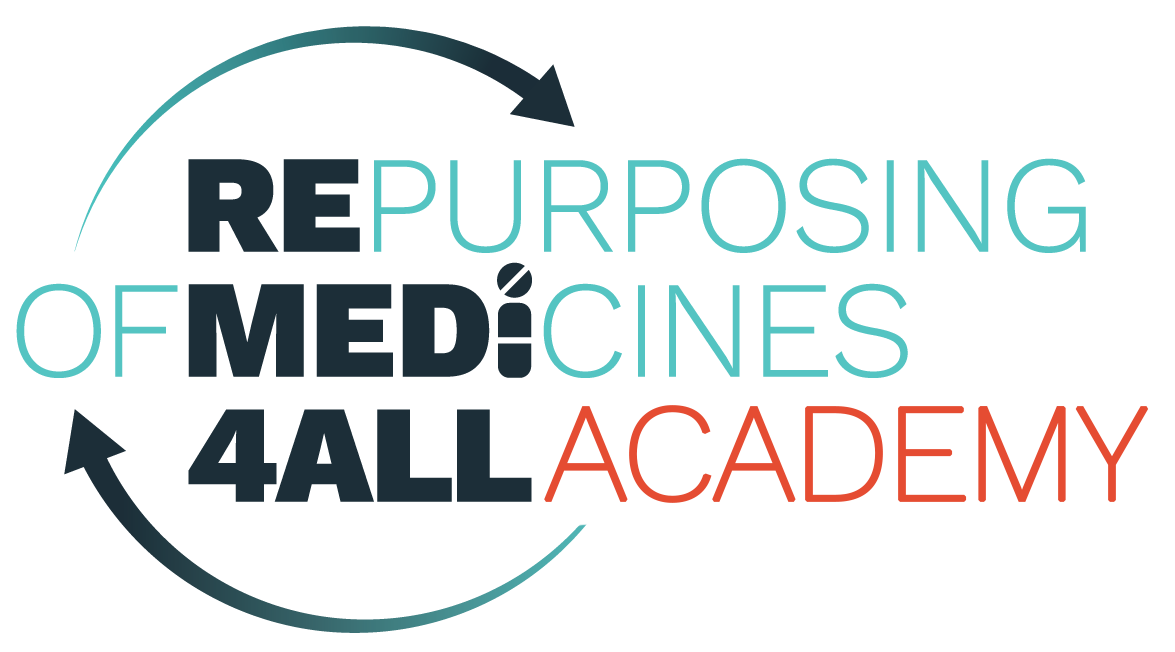Welcome to Module 8: Collaborative Models of Research
Effective collaboration is essential for any project involving several Stakeholders . As highlighted throughout our modules, this is particularly important in a Drug repurposing project, where multiple parties work in concert to meet specific goals. Each stakeholder will however have specific priorities, interests and needs, which can make collaboration challenging. To minimise any roadblocks and maximise the chance of meeting expectations, it is essential to develop a solid collaboration plan, maintain an open communication, and strive to align everyone’s interests to set clearly defined collaborative goals.
Due to the Benefits of collaborating, collaborative research has become a cornerstone of modern science, enabling the pooling of resources, expertise, and data to achieve breakthroughs that would be challenging for individual entities to accomplish alone.
The learning objectives of this module are to:
- Understand the importance of collaboration and its types, and practical advice to ensure your collaboration strategy works and applies to all stakeholders
- Understand the importance of communication and how it is your more powerful tool to succeed
- Learn the basics on contracting and agreements needed in a collaborative Research project
Click on the topics in the panel on the right to navigate through the content. Do not forget to click ‘mark as complete’ at the bottom of each page to track your progress.
Good luck on your repurposing journey!
Acknowledgements
Primary author: Gabriel Ortega (Beacon for Rare diseases)
Contribution author: Judit Baijet (EURORDIS)
Reviewer: Alicia Soler, Gisela Pairó, Martin de Kort, Raluca Radu, Richard Thompson, Rosan Kreeftmeijer-Vegter, Tamara Carapina, William May, University College London
We’ve worked hard to bring this module to life, aiming to make it comprehensive and valuable for you. Because this is the very first launch of the Digital Academy, we really need your feedback. Please take a moment to complete our 3-minute feedback form at the end—we’d love to hear your thoughts!


